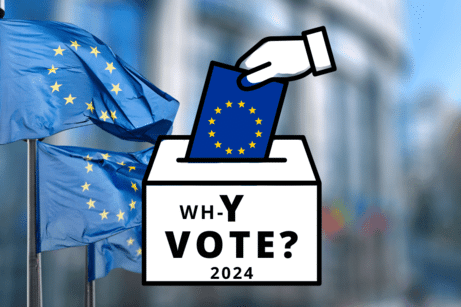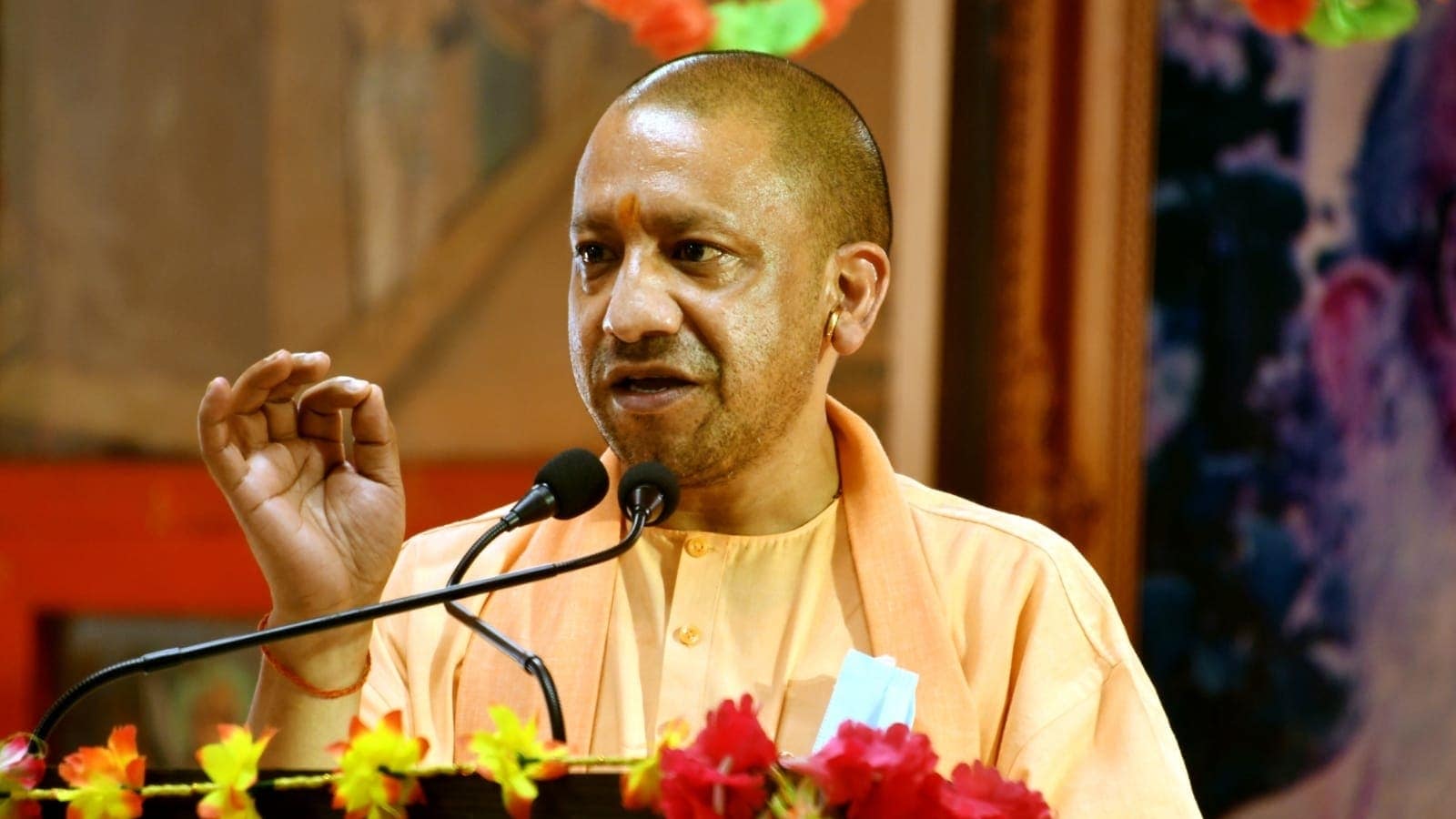As a whole, the elections will show where voters stand in the tug between nationalism and integration.
Enthusiasm for voting among young people varies among countries. A survey taken by the European Commission and published in April 2024 found that 69% of young people in Poland between the ages of 15 and 30 said they were eligible to vote and planned to do so. In Denmark four out of every five young voters planned to vote.
But correspondent Carlos Rubio didn’t find the same enthusiasm for the European elections among the university students he talked to in France, even though with 81 seats, France will have the second greatest representation in the Parliament, behind only Germany, with its 96 seats.
The power distribution, based on population size, may be more of an issue in Latvia, where in the 2019 European elections only 34% of the people voted. Latvia will send only nine members, giving the nation only a 1.25% representation in the body.
In Poland, correspondent Karolina Krakowiak spoke to one young man who emphasized the importance of European integration at a time of geopolitical instability. “Now, as never before, with what’s happening in the east, European integration is crucial,” he said. “We need to send people who will support it, not undermine it.”
An election watcher in Hungary told correspondent Helen Womack that the election is a test of whether voters are tiring of populism and seeing a need for more liberal democracy. That’s because members of the European Parliament, known as MEPs, sit in ideological groups, not by country.
“This European election is a symbolic occasion, as it’s the first where we have Hungarian voters who were born inside the EU,” said Márton Schlanger, a researcher at the independent Republikon Institute. “The formative political experience of Hungarian youth is that the current ruling party is unbeatable and voting is a futile effort,” he said.











